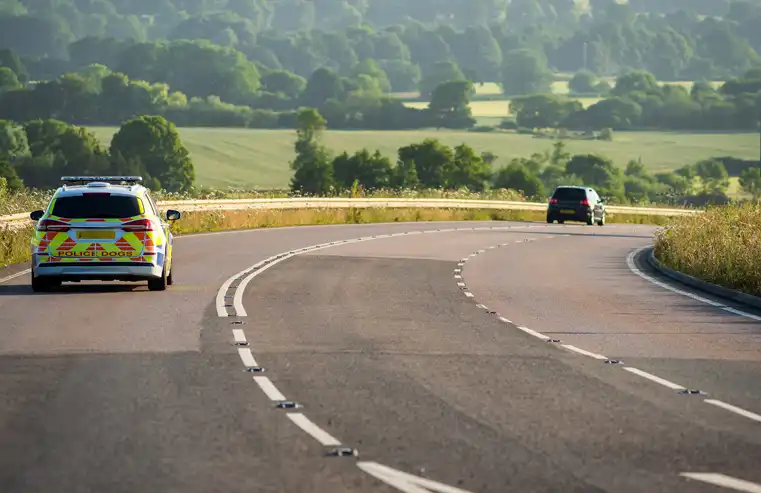- Conveyancing
- Family Law & Divorce
- Wills, Probate & Trusts
-
- Wills, Probate & Trusts
- Will Writing
- Probate
- Trusts
- Powers of Attorney
-
 Wills from £204
Wills from £204
-
 Probate
Probate
-
- Criminal & Motoring
-
- Criminal & Motoring
- Criminal Defence
- Motoring Offences
-
 Motoring Offences
Motoring Offences
-
 Criminal Defence
Criminal Defence
-
- All Personal Services
- Business Services
John Barkers
Solicitors Blackburn
John Barkers solicitors offers premium and cost-effective legal services to the Blackburn area. Our mission is to provide tailored, accessible legal advice with an emphasis on value for money. We have been operating in the UK since 1884, so you can be confident that when you work with us, you are dealing with a long-established firm of solicitors. Plus, we offer a variety of communication options such as video calls, telephone calls and emails - whichever suits your needs best. We strive to make our services convenient and accessible for all clients in the Blackburn region.
Contact: Live Chat, Video Call, Email, Telephone
Open: Monday to Friday 9am - 5pm
Call today: 01254 964000












